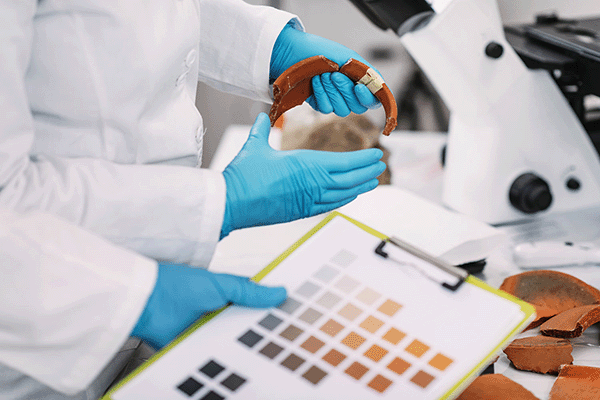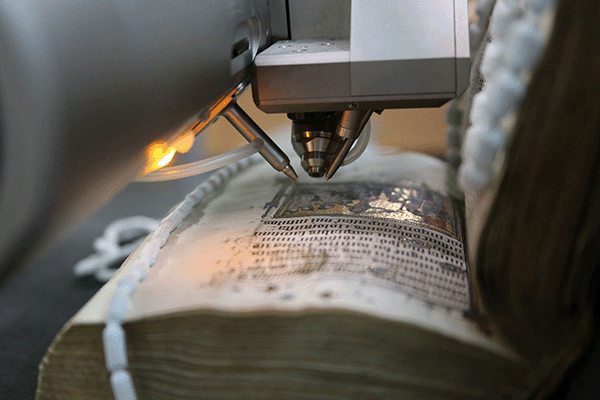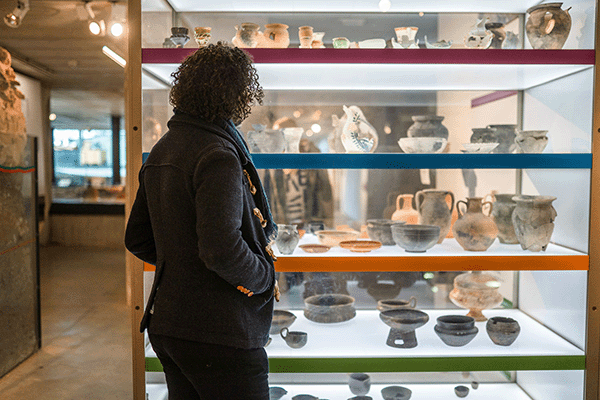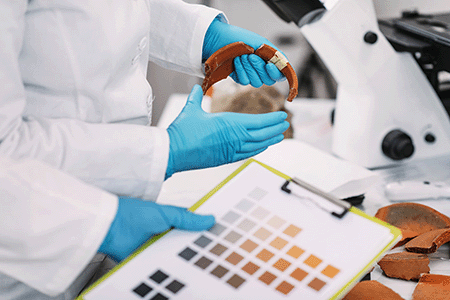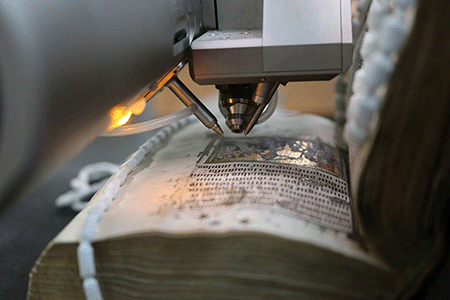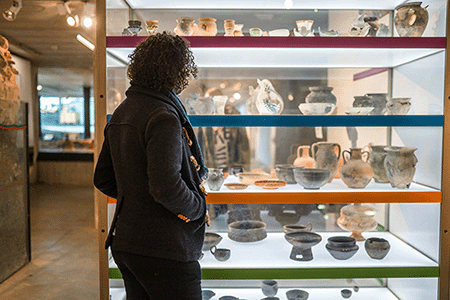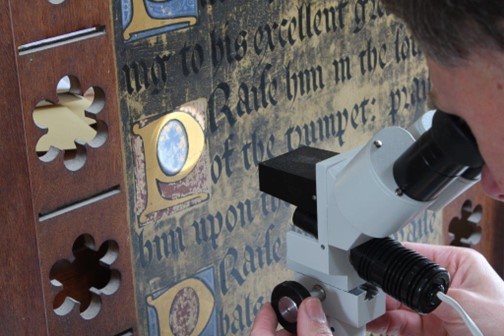Emma Jhita, Icon CEO, provides insight into the Institute of Conservation’s work and its impact
The Institute of Conservation (Icon) is the professional body for conservation and restoration professionals in the UK. As a membership organisation and charity, Icon is dedicated to championing and celebrating the significance of heritage conservation.
Icon vision is to protect, preserve and promote our shared cultural heritage by cultivating skilled conservation professionals, fostering cross-sector collaboration and delivering public benefit through engagement and advocacy. With over 2,300 members across the UK and internationally, Icon represents conservator from a diverse range of specialisms at all stages of their careers, whether working in institutions or in private practice. Through a network of 27 specialist groups , Icon’s active members drive forward conservation initiatives by organising events, training and engagement activities that support conservation professionals and the broader heritage sector.
Icon is actively working across the UK to protect conservation skills at risk, champion accessible pathways into the profession, and facilitate greater engagement with heritage for young people, underserved communities and the wider public.
Professional accreditation
Icon Accreditation (ACR status) is awarded by the Institute of Conservation and is aligned to Icon’s Professional Standards. The assessment of professional capability against the accreditation framework is important for several reasons:
- Peer Recognition: It provides peer-reviewed recognition for the skills and experience of conservation professionals. This means that accredited individuals are acknowledged by their peers for their competence and expertise.
- Professional Standards: Accreditation ensures that professionals meet explicit standards of practice and ethics. This helps maintain high-quality conservation practices and promotes trust among clients and employers.
- Continuing Professional Development (CPD): Accredited professionals are required to engage in ongoing professional development. This ensures they stay updated with the latest techniques and knowledge in the field, enhancing their capabilities and effectiveness.
- Public Trust: Accreditation offers public recognition, demonstrating a high degree of competence and sound judgment. This can be crucial for gaining the trust of clients and stakeholders in conservation projects.
- Assurance of Competence: Accreditation provides assurance that the professional has independently verified competencies, including an understanding of complex relationships between materials, culture, history, and context. This is vital for making informed decisions in conservation work.
Icon Accreditation is vitally important in ensuring conservation professionals are well-equipped to preserve cultural heritage effectively and ethically.
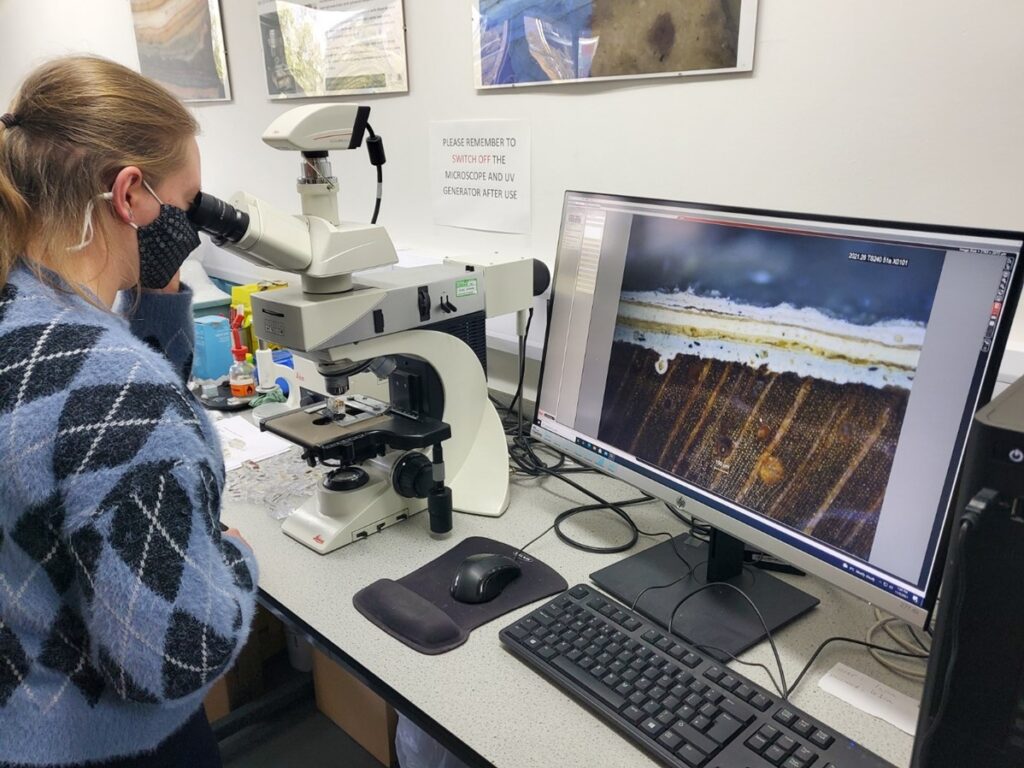
Cultural heritage conservator apprenticeships, Image copyright to the National Museum of the Royal Navy
Heritage conservation skills at risk
In 2023, Icon published the Conservation Skills Strategy and has been implementing the recommendations over the past year. Icon’s membership represents conservator-restorers across more than 150 specialist areas of practice, yet many of these disciplines are sustained by only a handful of practitioners. This delicate balance presents significant risks to the ongoing care and preservation of historic objects.
To address this, Icon is working with key partners, including Historic England, Historic Environment Scotland, Communities NI, the Chartered Institute for Archaeologists (CIfA) and the Construction Industry Training Board (CITB). Together, they are developing strategies to identify and safeguard conservation skills at risk. By mapping vulnerable areas of conservation practice, Icon aims to bring together stakeholders and implement targeted solutions to protect the future of our shared heritage.
To further address these challenges, Icon is collaborating with six dedicated funders to establish internship opportunities in areas of conservation identified as at risk. The first two internships, focused on musical instrument conservation and manuscripts conservation, are already in progress with additional opportunities launching soon in horological conservation and industrial heritage collections care. Recognising the specific needs and challenges within the industrial heritage sector, Icon have also implementing recommendations from the Industrial Heritage Conservation Skills Plan for Action to support this existing workforce.
Through these initiatives to address skills at risk challenges, Icon is committed to strengthening the future of conservation by ensuring that skills are nurtured, knowledge is preserved and the sector continues to thrive for generations to come.
Call for Papers for Icon26
Icon has launched its call for papers for Icon26. The conference will be held in Edinburgh in June 2026 and this event will explore the impact of the conservation profession. They are welcoming papers on the following themes:
- Pushing Boundaries: Innovation in Conservation
- Futureproofing Conservation
- Collaboration and Interdisciplinary Approaches
Submissions must be made by Monday 4 August 2025. For more details, please visit: Call for Papers: Icon26

